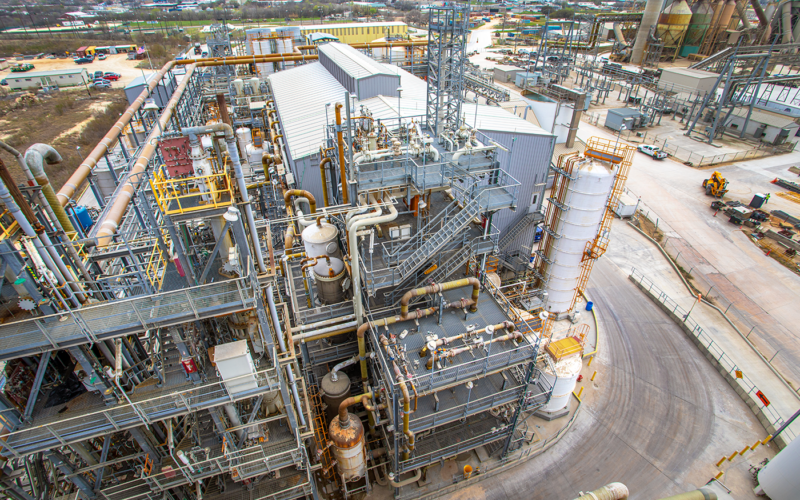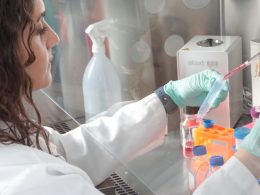CarbonFree, a leader in industrial decarbonisation technologies, has unveiled ‘endurocal’, the world’s first zero-carbon calcium carbonate. This groundbreaking product is designed to replace conventional calcium carbonate in various industries, including plastics, paints, and paper, offering a sustainable alternative for a domestic market valued at approximately 30 million metric tons annually.
Produced using CarbonFree’s proprietary SkyCycle technology, endurocal captures carbon dioxide emissions directly from industrial stacks and transforms them into high-quality calcium carbonate. Unlike conventional production, which releases emissions, this process prevents CO₂ from entering the atmosphere, enabling companies to decarbonise their supply chains while maintaining competitiveness.
“endurocal represents a breakthrough in the recycled use of carbon dioxide, providing a cost-effective path for manufacturing competitiveness using emissions that would otherwise go to waste,” said Martin Keighley, CEO of CarbonFree, adding “Companies will now have the ability to use cost-competitive chemicals while also decarbonizing their supply chains.”
Calcium carbonate, a key component in products like architectural paints and plastics, securely stores captured CO₂ throughout its lifecycle. For instance, in paints, where calcium carbonate constitutes 30-40% of the content, the carbon dioxide remains locked in, even after application.
The launch of endurocal builds on CarbonFree’s partnership with US Steel, announced in April 2024, to deploy the SkyCycle technology at US Steel’s Gary Works Blast Furnaces. Starting in 2027, the project will capture 50,000 tons of CO₂ annually, repurposing it into endurocal while also recovering calcium from slag, reducing steel production waste.
“Our endurocal product is no different on a molecular basis than conventionally produced calcium carbonate, however, it’s produced in a way that effectively eliminates net carbon dioxide emissions. We’re excited to provide companies with the opportunity to help produce and use such an innovative molecule for use domestically,” Keighley said.
At full scale, the initiative will offset emissions equivalent to nearly 12,000 passenger cars and displace approximately 150,000 metric tons of CO₂ annually from traditional calcium carbonate production.





















